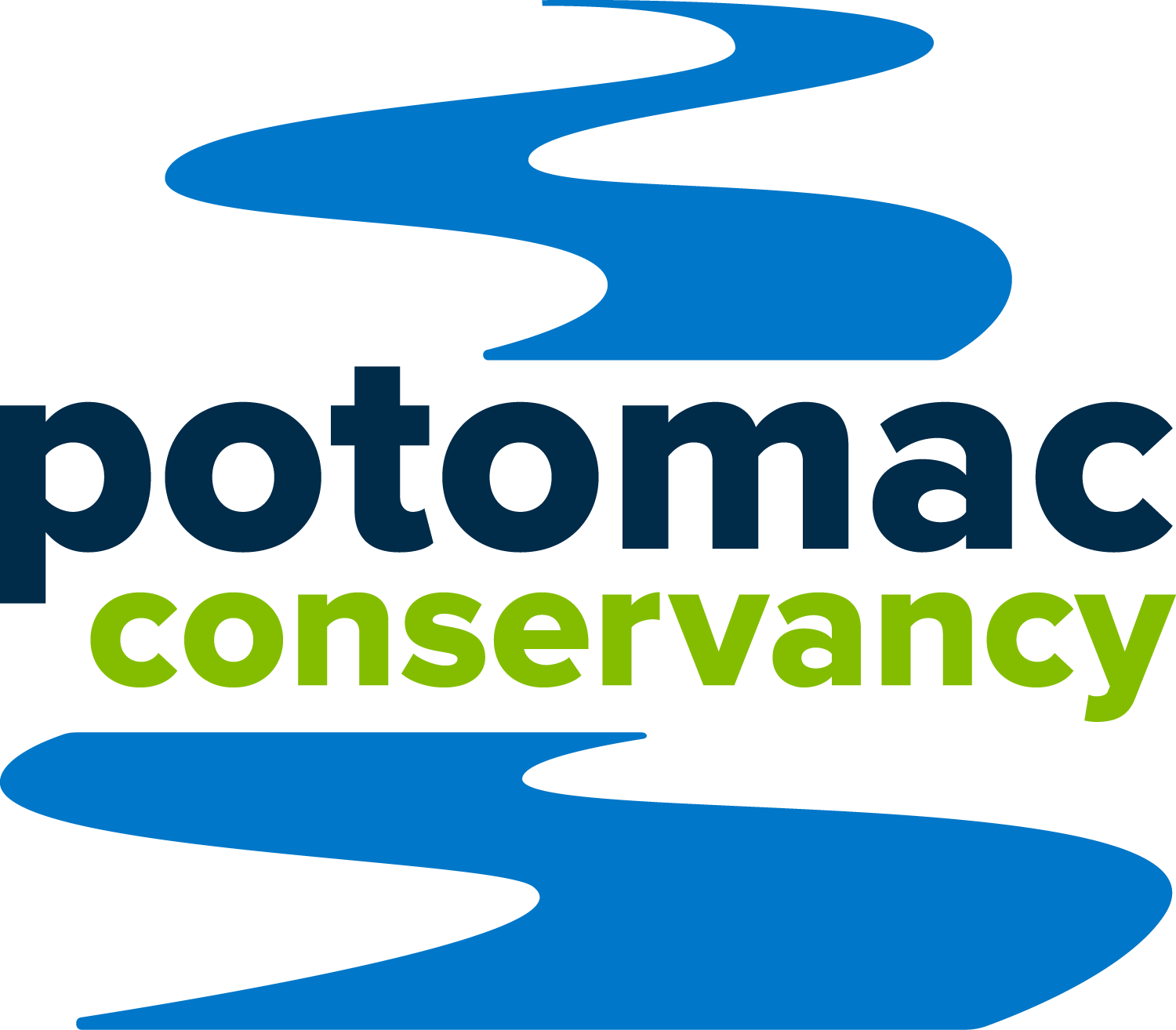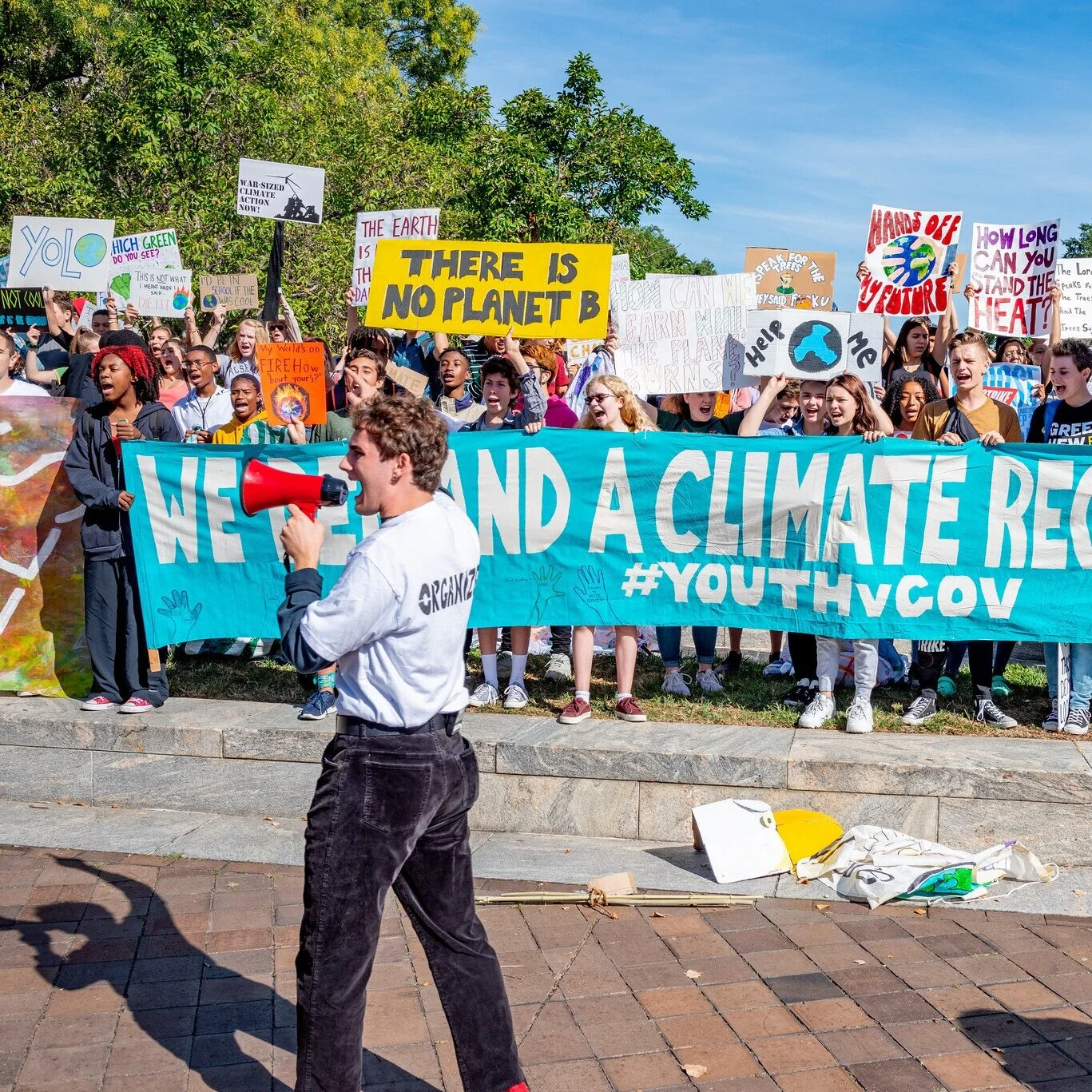How Picking Up a Piece of Trash Can Save a Life
/A look at the litter that harms local wildlife and what you can do to help
Winter is often viewed as a time of rest. Trees have gone dormant, many birds have flown south, and our region’s critters seldom make an appearance.
There is one creature, however, who does not take a break when the temperatures start to drop. Potomac Conservancy volunteers know that winter is the best time to make a big impact for our locals lands and waters. Plus with leaves off the trees and grasses at their shortest, winter is the perfect time to clean up for critters, collecting all of the small litter that is most harmful to wildlife.
Sponsored by MOM's Organic Market, we hosted a river cleanup in honor of Martin Luther King, Jr. Day of Service that brought together 91 local volunteers. The group got their hands dirty for clean water and removed about 2 tons of trash along the Potomac River's shores at Fletcher's Cove in Washington, DC.
Among that 2,000 pounds of trash were our five most wanted – the five types of trash that are extremely dangerous for the wildlife that call our area home.
Our region is actually one of the most ecologically diverse in the country. The Potomac Gorge, the 15-miles of river from Great Falls to just south of Theodore Roosevelt Island, is home to 1,400 plant species, including 200 globally rare and 15 endangered species.
Be a good neighbor to our local wildlife friends and help remove these five most wanted types of harmful litter:
Fishing line and accessories
Why: Fishing line can get tangled in legs and wings and when eaten, can cause lethal obstructions. Lead weights look like food to many birds and can cause lead poisoning.
Styrofoam
Why: Food remnants found on Styrofoam takeout containers encourage animals to eat the container too, which can lead to choking and digestive problems. Styrofoam is quick to breakdown and the tiny pieces are eaten by fish.
Plastic bags
Why: Aside from being a dangerous choking and digestion hazard, once consumed, plastic chemicals can cause excess hormones. In fact, over 80 percent of male smallmouth bass fish in the Potomac are intersex (have female egg cells).
Cigarette Butts
Why: Cigarette butts are toxic for animals when eaten, are not biodegratable, and can leach toxic chemicals in the river when soaked.
Gum
Why: Gum is more than a nuisance that gets stuck to our shoes. It can get in fur and feathers and inhibit an animal’s movement. And unlike food, it doesn't provide animals with sustenance.
With so much to protect, we hope that the next time you are taking a winter stroll by the water, you’ll be on the lookout for our five most wanted types of trash. Together we can make our area a safe haven for wildlife whether they're here all year or just passing through.
Volunteer and help local wildlife!
Volunteer at our next winter cleanup on March 12. We'll be out at the River Center along the C&O Canal restoring shorelines, improving habitat for wildlife, and maintaining trails. Sign up >




















The Potomac River region gave Stephen and Eliza their love story so they decided to give back to our region. Hear more about their story and how our incredible region played a role.